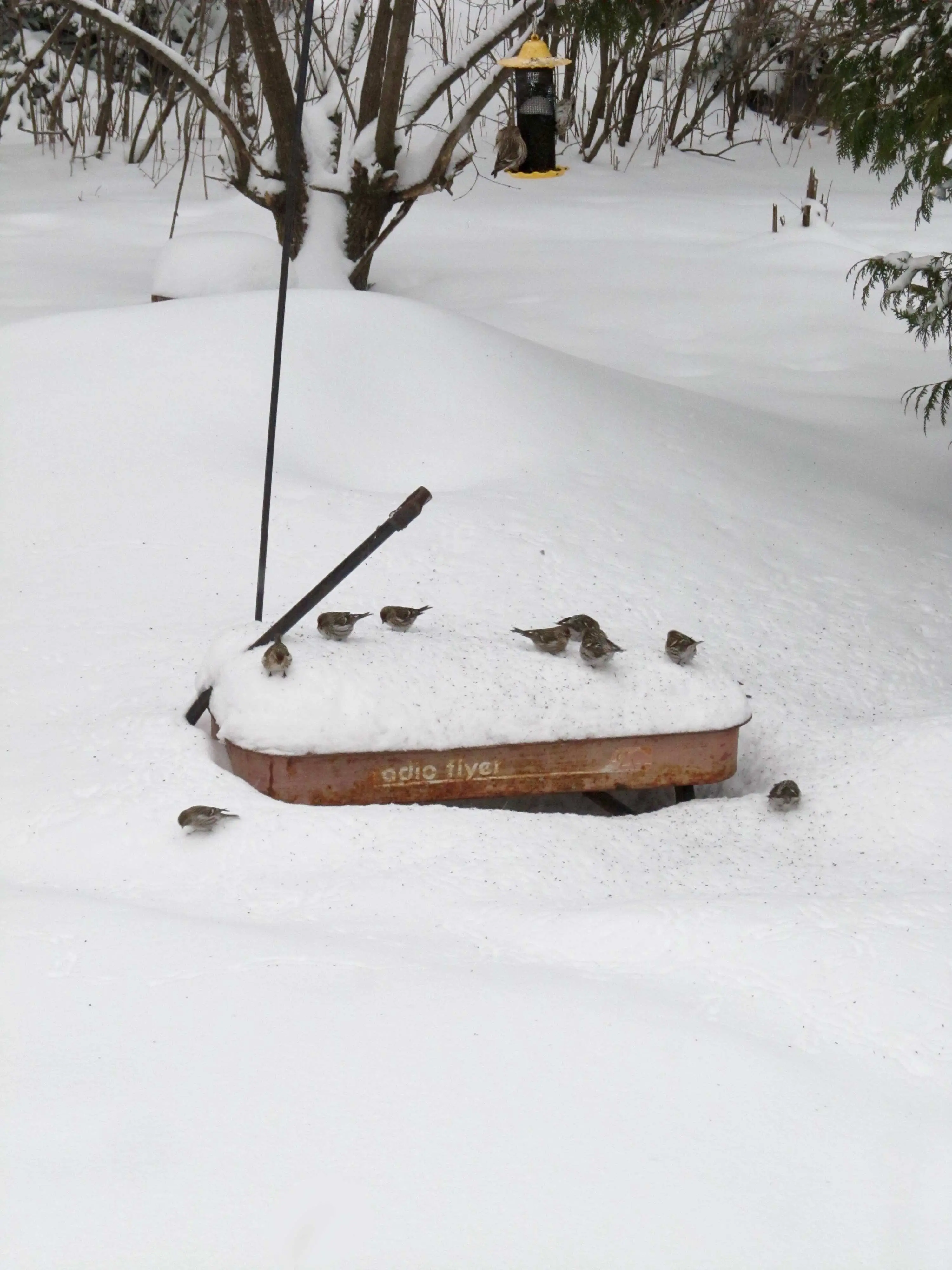Milwaukee backers of the Republican National Convention coming to the city, who have predicted a $200 million economic impact from the event, said they weren’t fazed by former President Donald Trump citing an impact of over $250 million during his speech accepting the party's nomination.
Two leaders of the Milwaukee 2024 RNC Host Committee said Friday they don’t yet know the final estimated impact of hosting the convention and don’t rule out finishing higher than their $200 million prediction.
Here is what Trump said Thursday night at Fiserv Forum:
“By the way, Wisconsin, we are spending over $250 million here creating jobs and the other economic development all over the place, so I hope you will remember this in November. Give us your vote. I am trying to buy your vote – I’ll be honest about that.”
Trump's remarks drew cheers from the audience, which included the Wisconsin delegation near the stage.
A reporter from Milwaukee CBS affiliate WDJT-TV (Channel 58) reported the teleprompter for Trump's speech said $200 million, indicating Trump deviated from the script. However, the audience at Fiserv Forum and on television, streaming and other platforms heard the $250 million figure.
Visit Milwaukee president and CEO Peggy Williams-Smith said Friday that her organization and the Host Committee's $200 million figure was based on the impact of previous national political conventions.
“I do not control what Donald Trump says,” she said. “I’m still going with $200 million.”
Williams-Smith said she’s awaiting financial reports on the convention’s impact before declaring a final dollar amount.
“Obviously with inflation, I can totally see that ($250 million) happening, but I’m not going to increase it right now,” she said. “My gut feel says it’ll be higher (than $200 million), but we have to wait and see.”
Tim Sheehy, senior adviser and past president of the Metropolitan Milwaukee Association of Commerce, said the convention met performance goals for attendance and impact on the local hospitality industry.
“I don’t know whether it’s $200 million or $250 (million),” Sheehy said. “Past conventions, it’s been around $200 (million). I don’t make this as a political statement, but inflation’s going to drive that up.”
Sheehy acknowledged that while the convention delivered revenue boosts for hotels and many hospitality and service businesses, it wasn’t a win for all businesses.
“I’m going to have to describe it as 'lumpy peanut butter,'” he said. “The reason I describe it as 'lumpy peanut butter' is I think the spread of exposure for Milwaukee nationally and internationally was fantastic.
“The lumpy part is not every business met the expectations that they had for the convention. That’s somewhat understandable,” he said.
Sheehy said convention guests faced challenges entering and exiting the security zone, which likely limited their access to businesses beyond the perimeter.
Williams-Smith said she was sad that not all businesses in Milwaukee did as well as their owners and managers thought they would, but she said the Host Committee never promised all businesses would benefit. She said activity picked up through the course of the week at bars and restaurants.
Before the convention started, the Host Committee announced raising over $85 million from businesses and organizations in Wisconsin and beyond. The sales pitch to local donors was that their contributions would boost the Milwaukee area during the convention week and lead to opportunities for more large conventions.
Sheehy, who worked on the fundraising campaign, said the final figure was about $87 million, and about $40 million of that was raised in Wisconsin.


